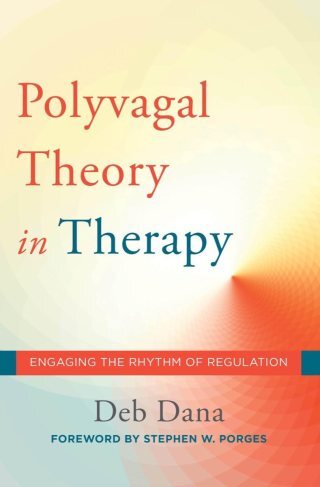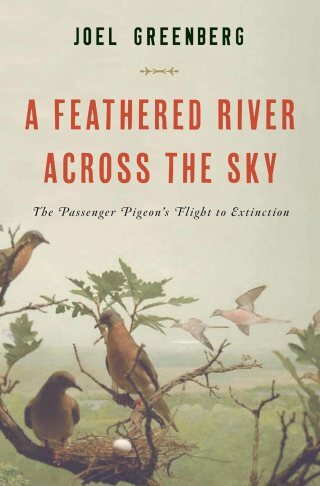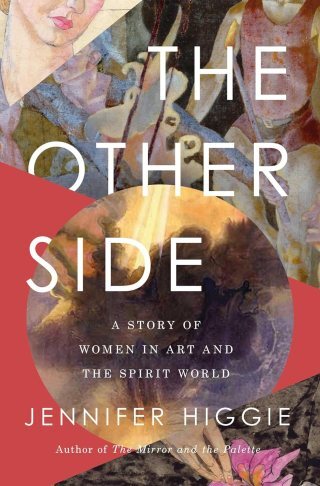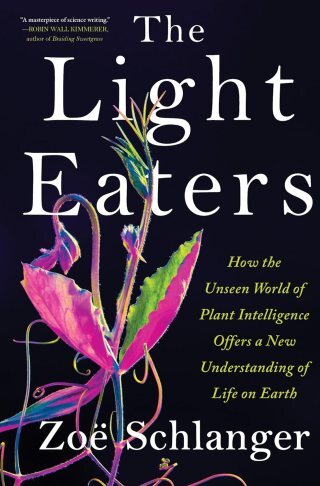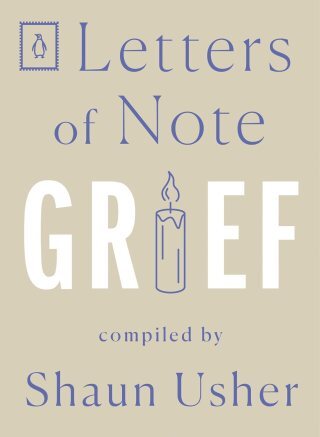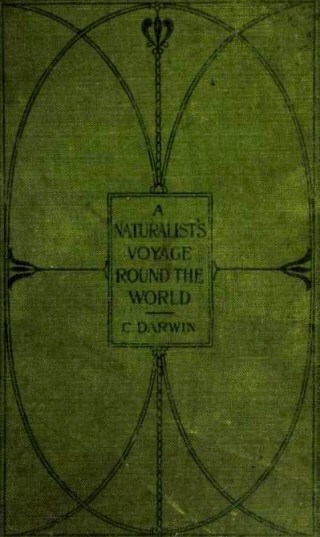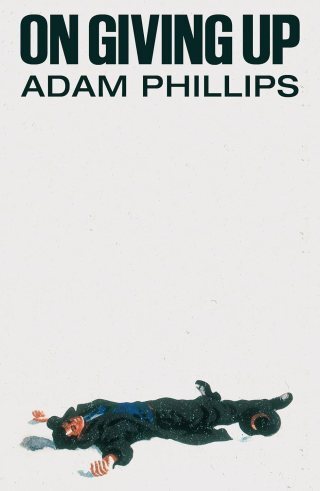Maria Popova's Blog, page 23
June 5, 2024
The Paradoxes and Possibilities of Transformation: Adam Phillips on Our Ambivalent Desire for Change
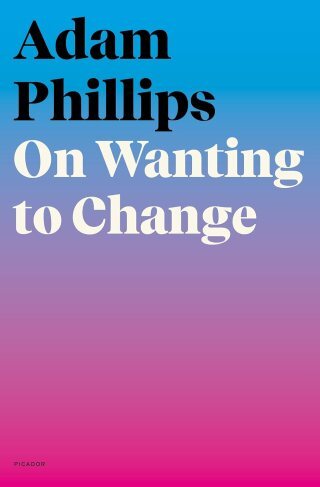
When answering the Orion questionnaire, a question stopped me up short by contracting an incomprehensible expanse of complexity into a binary:
Are you the same person you were as a child?
It is fundamentally a question about change — its possibility and its paradoxes, our yearning for it and our ambivalence toward it. Here I am, living on a different landmass from the one I was born on, in a bod...
On Wanting to Change: Adam Phillips on Our Capacity for Transformation

When answering the Orion questionnaire, a question stopped me up short by contracting an incomprehensible expanse of complexity into a binary:
Are you the same person you were as a child?
It is fundamentally a question about change — its possibility and its paradoxes, our yearning for it and our ambivalence toward it. Here I am, living on a different landmass from the one I was born on, in a bod...
June 3, 2024
John Quincy Adams on Impostor Syndrome and the True Measure of Success
“You will never get any more out of life than you expect,” Bruce Lee wrote to himself. All expectation is a story of the possible. Every person lives inside a story of who they are, what they are worth, and what is possible for their life, and suffers in proportion to how conscious they are of the story, how much credence they give those inner voices over the raw input of reality. It is often when life blindsides us with a bright counternarrative to a limiting inner story that we suffer the most...
May 31, 2024
Polyvagal Theory and the Neurobiology of Connection: The Science of Rupture, Repair, and Reciprocity
“A purely disembodied human emotion is a nonentity,” William James wrote in his pioneering 1884 theory of how our bodies affect our feelings — the first great gauntlet thrown at the Cartesian dualism of body versus mind. In the century and a half since, we have come to see how the body and the mind converge in the healing of trauma; we have come to see consciousness itself as a full-body phenomenon.
Beyond the brain, no po...
May 28, 2024
Thunder, Bells, and Silence: The Eclipse that Went Extinct
What was it like for Martha, the endling of her species, to die alone at the Cincinnati Zoo that late-summer day in 1914, all the other passenger pigeons gone from the face of the Earth, having once filled its skies with an immensity of beating wings, so many that John James Audubon likened their migration to an eclipse? And what made the difference between the people who killed them with glee — like the man in Austin who bragged about slaying 475 birds with a single stick — and those who revere...
May 26, 2024
Between Mathematics and the Miraculous: The Stunning Pendulum Drawings of Swiss Healer and Artist Emma Kunz
Emma Kunz (May 23, 1892–January 16, 1963) was forty-six and the world was aflame with war when she became an artist. She had worked at a knitting factory and as a housekeeper. She had written poetry, publishing a collection titled Life in the interlude between the two World Wars. Having lost two of her siblings to childhood illness, then both her surviving brother and her father to suicide when she was seventeen, she had coped with the physical fragility of life and the spiritual difficulty of b...
May 24, 2024
The New Science of Plant Intelligence and the Mystery of What Makes a Mind
“A leaf of grass is no less than the journey work of the stars,” Walt Whitman wrote a decade before Darwin gasped at how incomprehensible “the marvelous complexity” of organic beings is, insisting that “each living creature must be looked at as a microcosm — a little universe, formed of a host of self-propagating organisms, inconceivably minute and as numerous as the stars in heaven.”
And yet this view does no...
May 21, 2024
No One You Love Is Ever Dead: Hemingway on the Most Devastating of Losses and the Meaning of Life
Along the spectrum of losses, from the door keys to the love of one’s life, none is more unimaginable, more incomprehensible in its unnatural violation of being and time, than a parent’s loss of a child.
Ernest Hemingway (July 21, 1899–July 2, 1961) was in his twenties and living in France when he befriend Gerald and Sara Murphy. The couple eventually returned to America when one of their sons fell ill, but it ...
May 19, 2024
The Messiah in the Mountain: Darwin on Wonder and the Spirituality of Nature
Here we are, matter yearning for meaning, each of us a fragile constellation of chemistry and chance hurtling through a cold cosmos that has no accord for our wishes, takes no interest in our dreams. “I can’t but believe that all that majesty and all that beauty, those fated and unfailing appearances and exits, are something more than mathematics and horrible temperatures,” Willa Cather wrote to the love of her life while watching the transcendent spectacle of Jupiter and Venus rising in the sum...
May 17, 2024
On Giving Up: Adam Phillips on Knowing What You Want, the Art of Self-Revision, and the Courage to Change Your Mind
“A self that goes on changing is a self that goes on living,” Virginia Woolf wrote. Nothing is more vital to the capacity for change than the uncomfortable luxury of changing your mind — that stubborn refusal to ossify, the courageous willingness to outgrow your views, anneal your values, and keep clarifying your priorities. It is incr...

